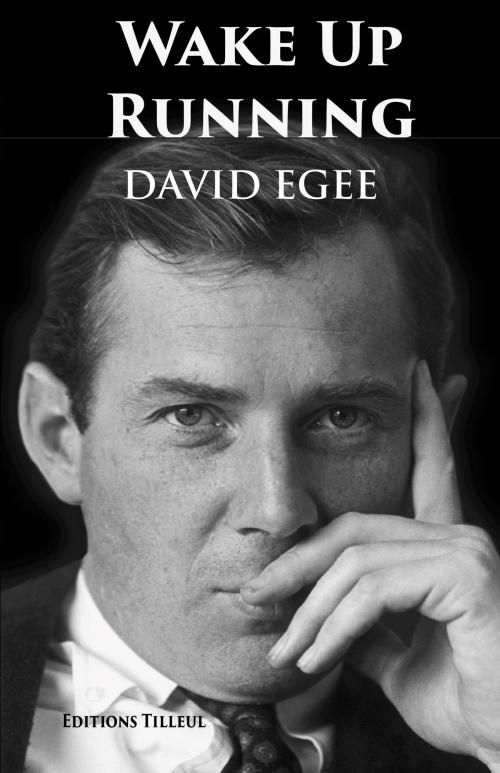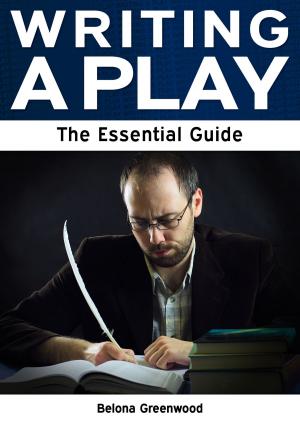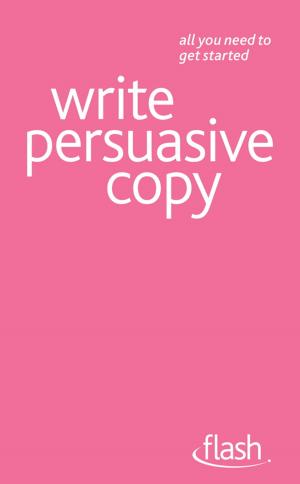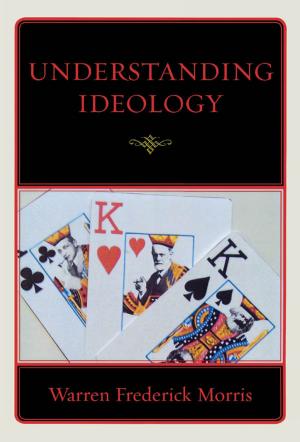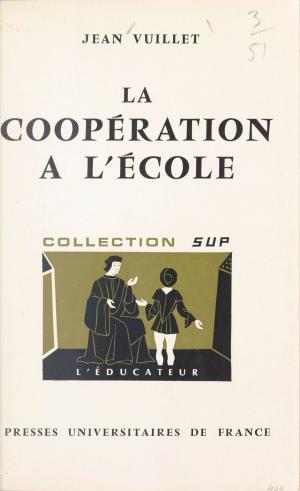| Author: | David Egee | ISBN: | 9780989654067 |
| Publisher: | Life Force Books | Publication: | February 16, 2015 |
| Imprint: | Smashwords Edition | Language: | English |
| Author: | David Egee |
| ISBN: | 9780989654067 |
| Publisher: | Life Force Books |
| Publication: | February 16, 2015 |
| Imprint: | Smashwords Edition |
| Language: | English |
ADHD as a child, David Egee suffered through many years of reading and writing impairment. "I was ADHD before the expression became a household word.”
Egee overcame his learning handicap to become the Director of the American Hospital in Beirut at the age of 35, dealing with such Middle Eastern luminaries as Yasser Arafat and Muammar Gaddafi. Later, he established hospitals throughout the Middle East, just before the region exploded.
In the 1980s, he worked for Hospital Corp. of America (HCA) in England, setting up nursing homes. When HCA bowed out of Britain, he founded his own nursing home company.
From there, he went on to create and own a string of nursing homes in England, finally selling out at age of 68 and retiring with enough money to take care of his family and live comfortably for the rest of his life.
"I was raised in Newtown, CT, a small, idyllic New England rural farming community 60 miles from New York City. In the 1950s, Newtown was evolving into a residential and light industry area for middle and upper-middle class people starting new families. There were just enough rich upper class New Yorkers creating “second homes” to give the town an air of exclusivity. It was a Saturday Evening Post magazine-cover community with all the Norman Rockwell characters you can imagine, a far cry from the infamous Sandy Hook Elementary School shooting that took place there in 2012, 76 years after I was born.
"By my 3rd year in school, I began to realize that I was not the smartest student in the class. John Verdery, the headmaster of the Wooster School described my deficiency in his book, Partial Recall: The Afterthoughts of a Schoolmaster, 'David was the dumbest student we ever had at the school.’ This refrain was echoed throughout my educational career. Fortunately, Verdery believed in me as a person and acted as one of my mentors.
“Later on, I consoled myself in the belief that you don’t need to be too intelligent to be educated, and you don't have to be educated to be successful. You just have to work harder and ‘ Wake Up Running.' I believe I was genetically attuned to challenges. Education was a challenge – a difficult task, but I got through it.
"I wrote Wake Up Running because it was a challenge and because it was there to write. Once, after I finished telling my daughter about negotiations with Yasser Arafat, my experiences in Libya, and the day that Muammar Gadhafi distributed his ‘Green Book’ to every single individual living in Libya, and announced that Libya was now a Jamahiriya, she asked me, 'Pappy, why don’t you write these stories down?'”
Everybody Has a Story to Tell
"People spend their entire lives talking with their friends, relatives and family about themselves. Everyone has a first memory. The simple fact of where we are from, what our work is, do we have brothers and sisters? School and educational experiences; all these make for an interesting story."
"Studs Turkle wrote a non-fiction book in 1974 titled: Working: People Talk About What They Do All Day and How They Feel About What They Do, an entire 640 page book of ordinary people being interviewed about their employment experiences. The book became extremely popular. I imagine that his interviewees enjoyed talking to Turkle and they enjoyed talking about themselves. I am one of those people who, after looking back on my life, decided that I wanted to talk out loud about my life because I believe it will interest other people.
"Having finished writing my story, I now realize that writing about oneself leaves one exposed to criticism — and ridicule — perhaps even to shame. The author, Stephen King, wrote in his book, Stephen King | On Writing: A Memoir of the Craft that if you wanted to write your autobiography you had to '...get right down into the cellar of your life.’ I haven’t pulled any punches or left anything out. From cellar to attic, I stand by my achievements."
ADHD as a child, David Egee suffered through many years of reading and writing impairment. "I was ADHD before the expression became a household word.”
Egee overcame his learning handicap to become the Director of the American Hospital in Beirut at the age of 35, dealing with such Middle Eastern luminaries as Yasser Arafat and Muammar Gaddafi. Later, he established hospitals throughout the Middle East, just before the region exploded.
In the 1980s, he worked for Hospital Corp. of America (HCA) in England, setting up nursing homes. When HCA bowed out of Britain, he founded his own nursing home company.
From there, he went on to create and own a string of nursing homes in England, finally selling out at age of 68 and retiring with enough money to take care of his family and live comfortably for the rest of his life.
"I was raised in Newtown, CT, a small, idyllic New England rural farming community 60 miles from New York City. In the 1950s, Newtown was evolving into a residential and light industry area for middle and upper-middle class people starting new families. There were just enough rich upper class New Yorkers creating “second homes” to give the town an air of exclusivity. It was a Saturday Evening Post magazine-cover community with all the Norman Rockwell characters you can imagine, a far cry from the infamous Sandy Hook Elementary School shooting that took place there in 2012, 76 years after I was born.
"By my 3rd year in school, I began to realize that I was not the smartest student in the class. John Verdery, the headmaster of the Wooster School described my deficiency in his book, Partial Recall: The Afterthoughts of a Schoolmaster, 'David was the dumbest student we ever had at the school.’ This refrain was echoed throughout my educational career. Fortunately, Verdery believed in me as a person and acted as one of my mentors.
“Later on, I consoled myself in the belief that you don’t need to be too intelligent to be educated, and you don't have to be educated to be successful. You just have to work harder and ‘ Wake Up Running.' I believe I was genetically attuned to challenges. Education was a challenge – a difficult task, but I got through it.
"I wrote Wake Up Running because it was a challenge and because it was there to write. Once, after I finished telling my daughter about negotiations with Yasser Arafat, my experiences in Libya, and the day that Muammar Gadhafi distributed his ‘Green Book’ to every single individual living in Libya, and announced that Libya was now a Jamahiriya, she asked me, 'Pappy, why don’t you write these stories down?'”
Everybody Has a Story to Tell
"People spend their entire lives talking with their friends, relatives and family about themselves. Everyone has a first memory. The simple fact of where we are from, what our work is, do we have brothers and sisters? School and educational experiences; all these make for an interesting story."
"Studs Turkle wrote a non-fiction book in 1974 titled: Working: People Talk About What They Do All Day and How They Feel About What They Do, an entire 640 page book of ordinary people being interviewed about their employment experiences. The book became extremely popular. I imagine that his interviewees enjoyed talking to Turkle and they enjoyed talking about themselves. I am one of those people who, after looking back on my life, decided that I wanted to talk out loud about my life because I believe it will interest other people.
"Having finished writing my story, I now realize that writing about oneself leaves one exposed to criticism — and ridicule — perhaps even to shame. The author, Stephen King, wrote in his book, Stephen King | On Writing: A Memoir of the Craft that if you wanted to write your autobiography you had to '...get right down into the cellar of your life.’ I haven’t pulled any punches or left anything out. From cellar to attic, I stand by my achievements."
